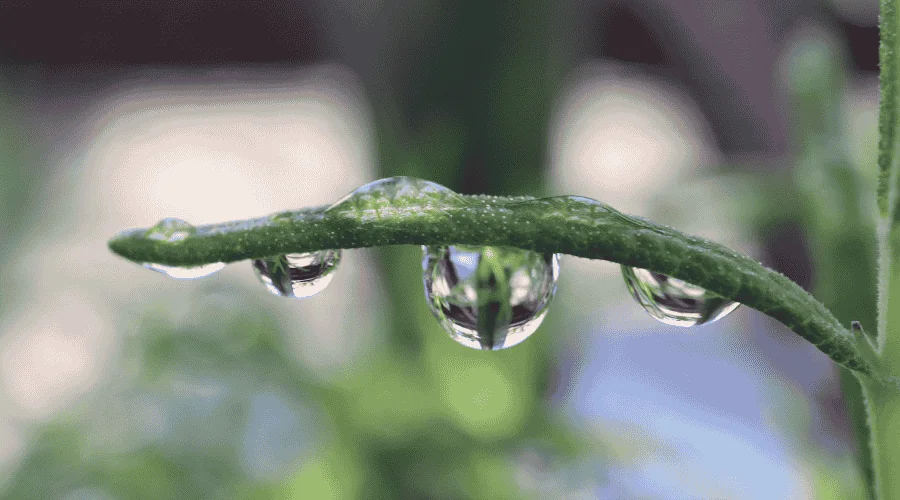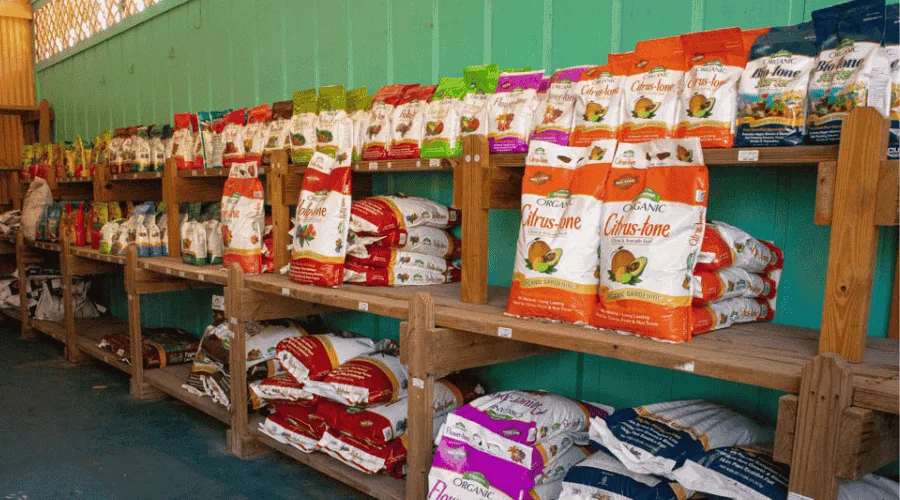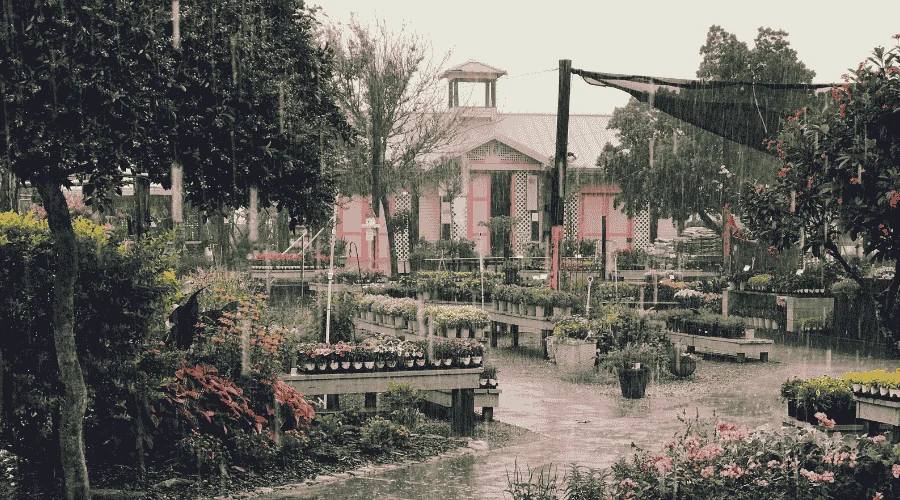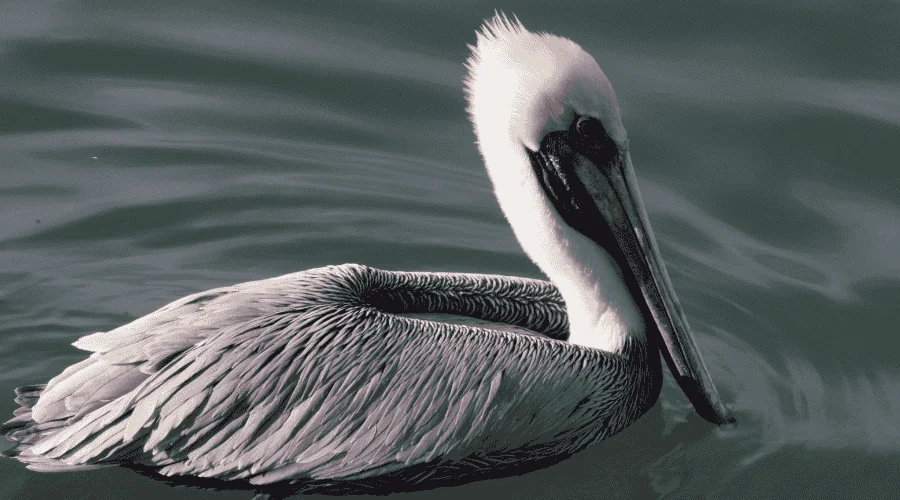By Amanda Rose Newton
As Central Florida enters its rainy season, it’s crucial for homeowners and gardeners to understand the implications of the fertilizer ban that begins on June 1 and lasts through September 30. This seasonal restriction aims to protect our waterways from nutrient runoff, which can lead to harmful algal blooms and deteriorate water quality.

Why Granular Fertilizers Are Ineffective During the Rainy Season
Granular fertilizers, while popular for their slow-release properties, pose challenges during Florida’s heavy summer rains. When applied before significant rainfall, these granules can be washed away before they dissolve and penetrate the soil, leading to:
- Nutrient Runoff: Excess nutrients, such as nitrogen and phosphorus, can enter storm drains and eventually reach rivers and lakes, contributing to algal blooms.
- Environmental Impact: Algal blooms deplete oxygen in water bodies, harming aquatic life and disrupting ecosystems.
- Wasted Resources: Fertilizers that wash away don’t benefit your plants, leading to unnecessary expenses.
Given these issues, many Florida counties, including those in Central Florida, enforce fertilizer bans during the rainy season to mitigate environmental risks.

Advantages of Liquid Fertilizers in Wet Conditions
Liquid fertilizers offer several benefits that make them more suitable during the rainy season:
- Immediate Absorption: Plants can quickly uptake nutrients from liquid fertilizers, reducing the window for runoff.
- Uniform Application: Liquid solutions ensure even distribution of nutrients across your lawn or garden.
- Flexibility: They can be applied using various methods, including foliar sprays and soil drenches, allowing for targeted feeding.
- Reduced Environmental Impact: With proper application timing, liquid fertilizers minimize the risk of nutrient leaching into waterways.
It’s essential to apply liquid fertilizers during periods of light rain or when a short dry spell is expected to maximize their effectiveness and minimize runoff.

Best Practices for Fertilizing During the Ban
To maintain healthy lawns and gardens while adhering to the fertilizer ban:
- Use Zero-Nitrogen and Zero-Phosphorus Fertilizers: Opt for products that comply with local regulations during the restricted period.
- Apply Fertilizers Appropriately: Ensure applications are made during suitable weather conditions to prevent runoff.
- Maintain a Fertilizer-Free Zone: Keep a buffer zone of at least 15 feet from waterways to protect aquatic ecosystems.
- Regular Maintenance: Mow regularly and remove grass clippings to reduce nutrient buildup.
- Soil Testing: Conduct soil tests to determine nutrient needs, preventing over-fertilization.
By following these practices, you can contribute to the health of Florida’s waterways while keeping your landscape vibrant.

Embracing Sustainable Gardening
Adapting to the fertilizer ban doesn’t mean compromising on lawn and garden health. Consider:
- Natural Mulches: They help retain soil moisture and provide nutrients as they break down and decompose.
- Composting: Utilize kitchen and yard waste to create nutrient-rich compost for your plants.
- Native Plants: Incorporate Florida-native species that are adapted to local conditions and require less fertilization.
By embracing these sustainable practices, you support environmental conservation while enjoying a thriving garden.

For more information on local regulations and sustainable gardening practices, visit the Brevard County Fertilizer Ordinance page.


